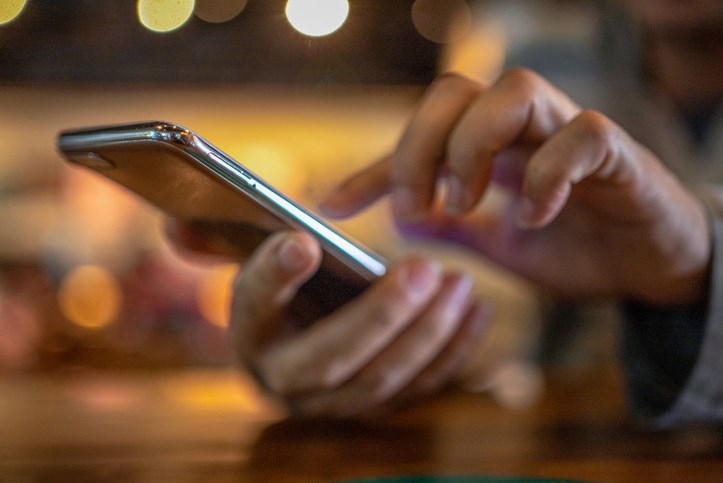MOOSE JAW — Holy Trinity Catholic School Division is producing a new administrative procedure (AP) governing the use of phones in classrooms, with the document to be in school administrators’ hands by Sept. 1.
The creation of the new policy is in response to the provincial government’s announcement on Aug. 6 that the use of cell phones and smartphones would be prohibited in kindergarten to Grade 12 classrooms starting in the 2024-25 school year. However, the Ministry of Education is allowing high school teachers to seek exemptions from their principals to use phones for instructional purposes.
Board trustees with Holy Trinity discussed the province’s new mandate and the new AP during their recent August meeting.
“We were caught a little bit off guard (this summer) in terms of … getting that information from the government. (However), I think we saw signs that we were heading in this direction, that we would see something,” said Ward Strueby, director of education.
“And in a number of different provinces, we (have seen) some tech and cell phone bans.”
After receiving a draft procedure from the ministry, division administration began organizing a meeting with its school administrators so that principals could take a lead role in crafting a policy that meets their needs, he continued.
Division administration expects the new AP to say that during instructional time, students will not be allowed to use phones or other non-school-division-related technology, although high school teachers can apply to their principals to use devices for projects or assignments.
Superintendents will work out “other particulars” in that administrative procedure, and once they meet with school administrators to fine-tune the document, they will share it with trustees and parents, said Strueby.
“We want to make sure we support our kids because, for a number of them, this will be tough — it will be a tough change for them,” he continued.
Strueby recalled visiting some schools last year and seeing extensive use of cell phones in classrooms while others had their phones stored in cubby holes. He pointed out that research shows that the use of cell phones and smartphones by children has a negative effect on them; he acknowledged that his smartphone usage is not healthy, either.
“At the end of the day, this information is coming from the ministry. They have the authority to make these changes and we have to follow them,” he added.
The minister of education informally consulted with Holy Trinity trustees about this issue when he visited them during a board meeting last year, while he also consulted with other boards during similar visits, said trustee Christine Boyczuk. Even though the visits were informal, the ministry appears to have treated those consultations as formal communications.
The division acquired formal feedback from school principals through an online survey last year, although conversations with administrators initially showed they “didn’t want to touch the cell phone policy” since vaping and dabbing were more of a concern, said Strueby.
However, the online survey indicated that principals and vice-principals were amiable to division administration changing the policy, he continued. Moreover, based on conversations he had, he noticed a shift in administrators’ opinions throughout the 2023-24 school year toward crafting a new policy.
Strueby added that besides Canadian provinces, some U.S. states are also banning phone use in classrooms.
The next Holy Trinity board meeting is Monday, Sept. 16.




